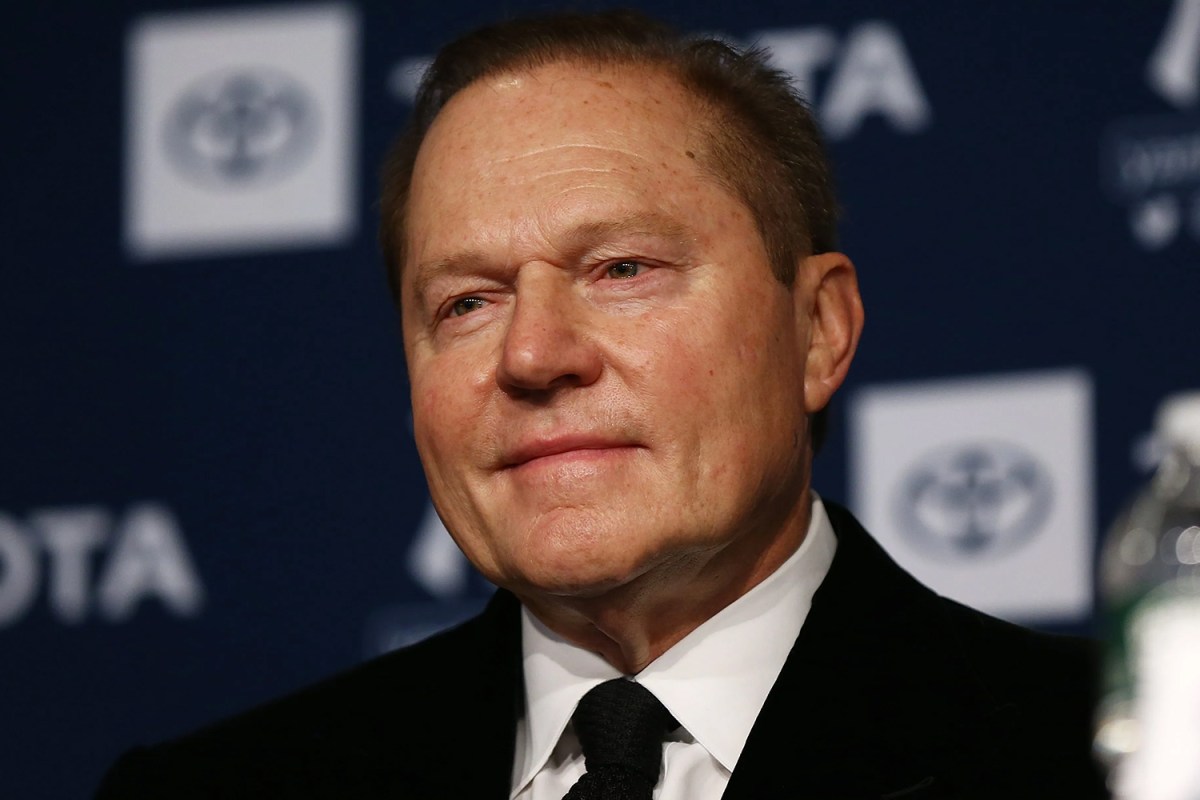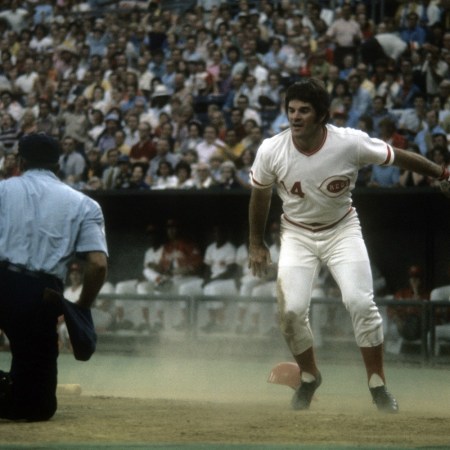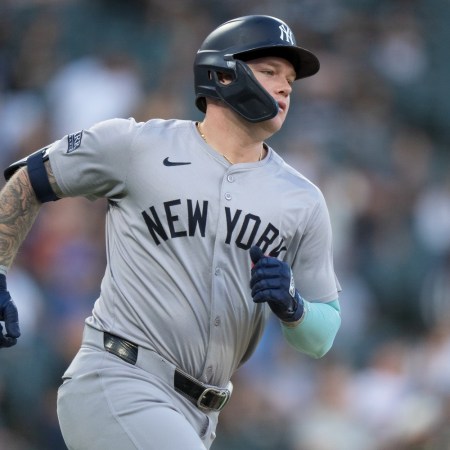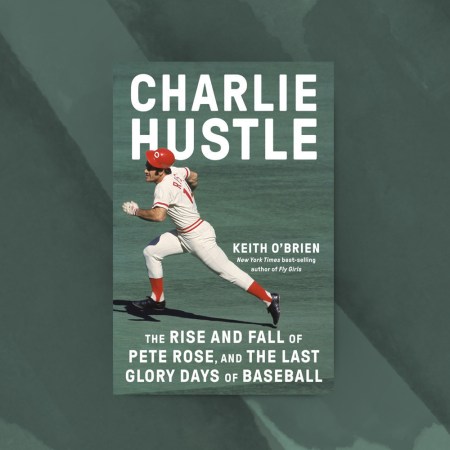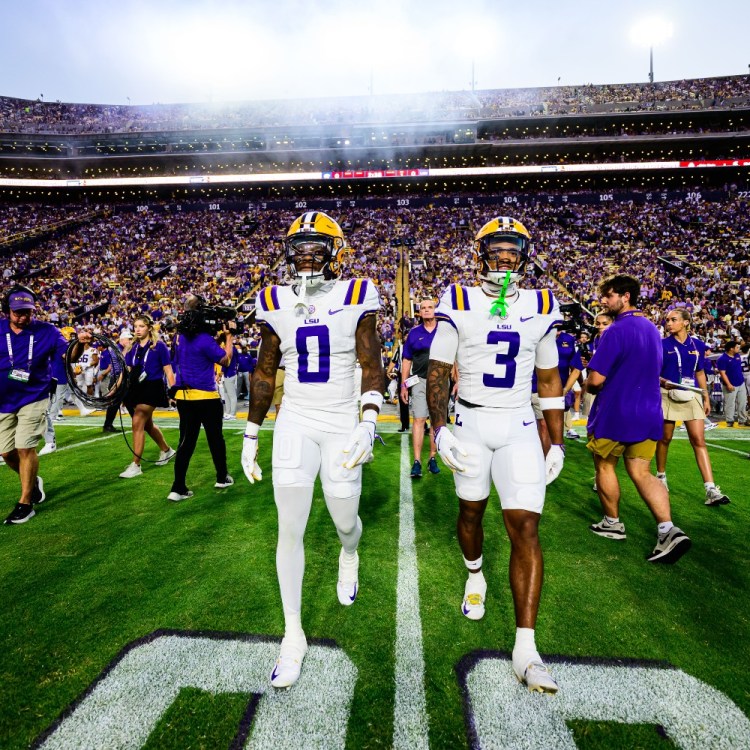Spring training was always “too long,” until it wasn’t. In 2020, when COVID-19 shortened camps from six weeks to three, players bemoaned their lack of preparedness for what was, in the MLB universe, an all-out sprint of a 60-game regular season. This year, some of the league’s finest players, at the direction of their agent, Scott Boras, have voluntarily missed the start of spring training. The reason? They want to be paid more money, of course.
Starting pitchers Blake Snell and Jordan Montgomery, third baseman Matt Chapman and centerfielder/first baseman Cody Bellinger are all free agents. They are also all Boras clients who are holding out while many of their future teammates lace up pairs of cleats and run onto sun-soaked fields in Florida and Arizona. In the past, it felt like the free agent market was slow to develop if big-time players were still available at Christmas. Now we’re past Valentine’s Day and still see a prolonged drag in signings.
As Ken Rosenthal reports in The Athletic, this is a continuing trend that’s arguably peaked this year with the so-called “Boras Four.” In 2014, five players that had rejected qualifying offers — which meant the team that signed them had to give up a first-round draft pick in compensation to the player’s former team — remained open for work until February 19 or later. J.D. Martinez and Yu Darvish lingered on the market until mid-February of 2018, while Alex Cobb and Jake Arrieta went unsigned through mid-March that year. (The Players Association actually organized a spring training for such players in 2018 so they could get ready for the regular season.) The next year, Bryce Harper and Manny Machado were available to teams until the middle of February as well.
It’s MLB Opening Day. So Why Doesn’t It Feel Like It?
Our writer loves baseball, but he wonders if the new rules are turning America’s pastime into a bummerBecause of changes to MLB’s economic framework, teams that hold high first-round picks don’t have to surrender them should they sign a free agent who’d rejected a qualifying offer, as they have in the past. So, as Rosenthal writes, the delays “boil down to pure economics, clubs’ valuations differing from Boras’. And the effect is trickling down to other free agents.” Players perceived as backup plans to teams interested in the top free agents can’t find homes until those bigger dominoes fall first.
All of this is to say that, once again, money is compromising the quality of MLB’s on-field product. The longer this goes on, the less prepared the players will be for games that count. Their performance will undoubtedly dip and they’ll be more prone to injuries.
But all the blame for this growing practice doesn’t fall solely at the feet of the players or Boras (or any other agent). In a free-market system, it’s their right to seek top value for their services, and if that takes time, well, so be it. However, there are two sides to this very big gold coin: It’s not like team owners have a track record of generosity, either. They want to make as much money as possible by investing as little money as possible into their businesses. That, too, is their right.
Both the owners and players, though, are showing signs of pure and simple greed. There’s so much money to go around that pinching pennies on a relative scale at the risk of harming the game — which cuts into the means of every stakeholder — is foolish. Fans like me would like to see that come to a swift end.
Whether you’re looking to get into shape, or just get out of a funk, The Charge has got you covered. Sign up for our new wellness newsletter today.
